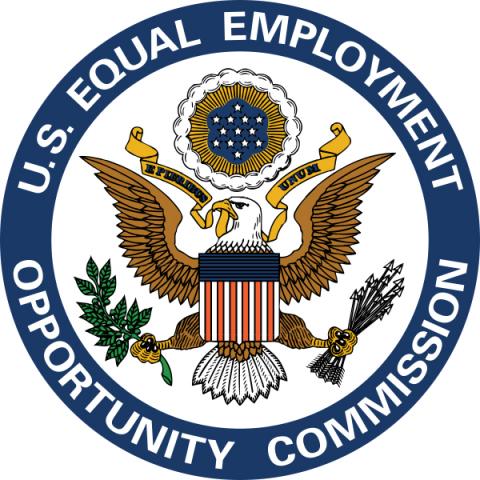 [ssba]Standing here in front of this video camera has made me incredibly self-conscious. And I think that self-consciousness is going to last for weeks, if not the rest of my life. But that’s okay, if I’m able to impart some information that helps you vindicate some rights. In today’s video I’d like to talk to you about unemployment benefits hearings.
[ssba]Standing here in front of this video camera has made me incredibly self-conscious. And I think that self-consciousness is going to last for weeks, if not the rest of my life. But that’s okay, if I’m able to impart some information that helps you vindicate some rights. In today’s video I’d like to talk to you about unemployment benefits hearings.
I need you to understand three key points. The first is you need to understand the structure there over the phone. In Virginia, the first level is always over the phone. And if your hearing deputy will call you in a conference line, and your employer will be on the other line and essentially the hearing deputy will just ask some very basic questions. In this hearing you have the right to ask your employer questions, they have the right to ask you questions that probe at who’s telling the truth. But it’s pretty informal and not too complex. And in most cases they’re simple enough that the employer doesn’t send someone on to the call, so it’s just your word or the facts are fairly clear and most times the employee is able to prove that they are entitled to the benefits.
That leads me to my second point which is, why are you entitled to the benefits. And that’s because in most cases, an employer will contest your rights and claim that you engaged in some misconduct. Well, misconduct is not a [inaudible 00:01:33] termination or poor performance termination. Misconduct in Virginia is a very high standard for an employer to meet – it is that they must show that you intentionally violated an employer’s rule that’s designed to protect their business interest or that your behavior was so frequent or so bad in a single instance that it shows you clearly had no regard for your employer’s rights and that’s a heavy burden to meet, that something like cussing at your boss in front of customers or refusing assignments or skipping work without excuse. Frequent [inaudible 00:02:12]
The third point that you need to understand is, is called the burden of proof. The burden of proof means, if everything else is equal – who does the tie go to. And in case of misconduct or your employer alleges you engage in misconduct, they bear the burden. And courts call it the heavy burden. So what does it mean practically? So imagine a circumstance where you were terminated from work, no one ever told you why, HR came down to your desk and said, “You’re not well employee, we decide to go different ways” and that’s it. I was told by HR that I’m not [inaudible 00:02:55] their employee and they want to go in different directions. Because they bear the burden of proof, your employer will be unable to disqualify you in that case.
Hopefully, these three points will help you win your unemployment benefits hearing and my self-consciousness will be made well worth it. Good luck.





